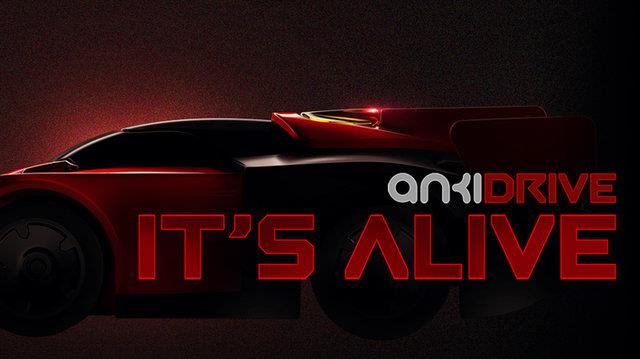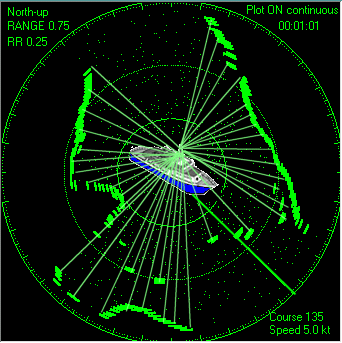Even though genius behind the physical mechanics of Anki Drive’s cars is in the miniature robots, the artificial intelligence (AI) is actually processed by iOS devices. For iPhone fans, this means that your smartphone is actually smarter than you may realize. The reason that Apple CEO, Tim Cook, gave the stage to the founders of Anki during the first few minutes of Apple’s 2013 WWDC conference was because they are doing revolutionary things with iOS that might have implications for the operating system’s future.

Moore’s Law
The basic premise of Moore’s Law, based on historical performance, is that computer processors double in speed every two years. If you look at the original 2007 iPhone, it had a processor speed of 400MHz. The current iPhone 5 has a processor speed of 1.2 GHz combined with a faster chip. That means it has increased by over three times the speed in six years. If you go by the historical rate that the iPhone has increased in processing power, than it stands to reason that future iOS devices will be able to handle much more artificial intelligence processing than the current iPhone, which already manages Anki Drive quite well.
The Nature of Software
On the other side of the coin, the thing that Moore’s Law doesn’t account for is that operating system requirements tend to keep pace with faster processor speeds. As hardware capabilities increase, developers add new features to the software in order to best utilize the new technology. In other words, iOS devices will increase in speed, but that increase could be stifled if Apple allows their iOS to become too “bloated”, which would impair future devices’ ability to process AI information. While this scenario isn’t likely, it does present an obstacle for Anki to deal with if they want to continue to use iOS devices as an AI interface.
The Bottom Line
Anki’s founders have big plans for the company. They are a robotics company and they’ve stated that their goal is to bring robotics and AI into the mainstream and make it a part of peoples’ everyday lives. However, much of their development work, so far, has depended on using Apple’s iOS as the linchpin of their innovation. If their relationship with Apple continues to be prosperous, then they have the potential to bring new artificial intelligence developments to iOS that make Siri look like a child’s toy. On the other hand, if their initial consumer offering, Anki Drive isn’t successful, they may not get that opportunity.
There are many good reasons to be excited about the potential that Anki can bring to Apple’s iOS, but it’s still too early to predict how things will play out. Unfortunately, Apple does have an established history of working with partner companies for a while and then coming up with their own spin on the new technology. Future versions of the iOS will undoubtedly be smarter and faster than previous versions, but how much of Anki’s AI capabilities they will implement are still very much up in the air.






























No Comments
Leave a comment Cancel